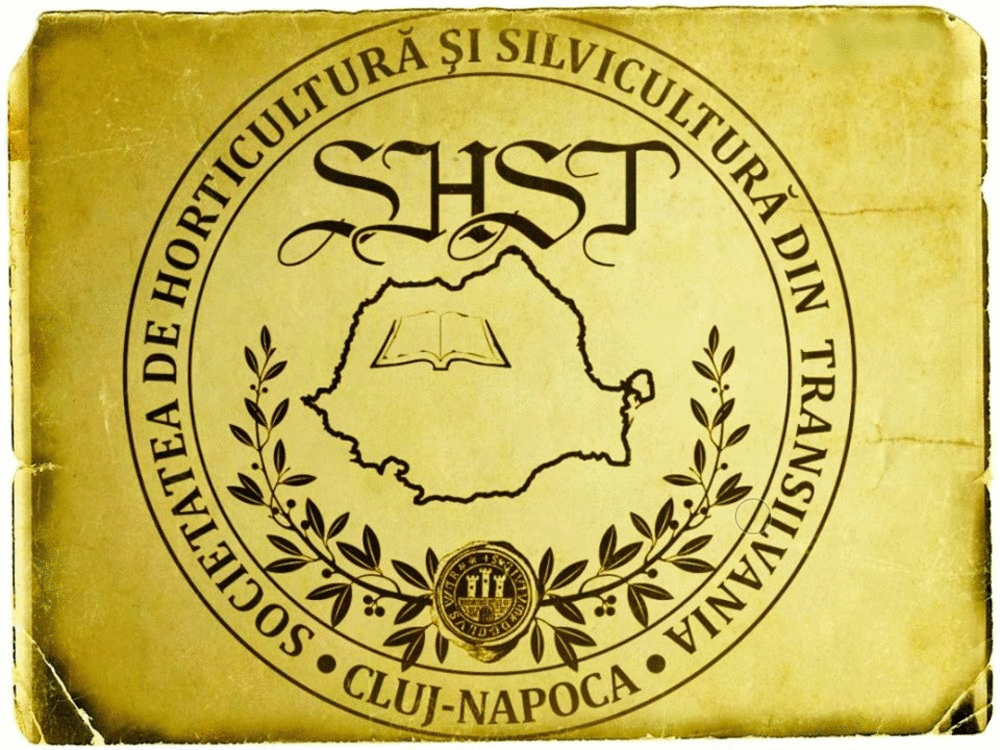Assessment of Bacterial Blight Tolerance of Persian Walnut Based on Immature Nut Test
DOI:
https://doi.org/10.15835/nsb729620Keywords:
artificial inoculation; in vitro; isolates; Juglans regia L; stress; XanthomonasAbstract
Bacterial blight is one of the most serious diseases affecting Persian walnut (Juglans regia L.). Susceptibility to this disease was evaluated by artificial inoculation in an in vitro experiment for cultivars developed in Hungary and for selections from Transylvania. Thirty pieces of immature fruit of 11 walnut cultivars and 10 selections were inoculated by punction using a suspension containing a mixture of Xaj-isolates of controlled virulence. As control, a moderate resistant (mR) ‘Pedro’ and a highly susceptible (hS) ‘Milotai intenzív’ cultivars were used. After ten days the diameter of the necrotic area around the inoculation points was measured and the disease rate (DR) was noted. For the calculation of indexes it was taken the structure of the lesions (diffuse or defined margin) into consideration. None of the 21 cultivars/selections analysed were found to be hardly resistant, although all of them showed a higher degree of resistance than the susceptible control (‘Milotai intenzív’). The majority of the analysed cultivars fit into the moderate susceptible (mS) and moderate resistant (mR) group. ‘Milotai kései’ and SZEN-10, had a notable reaction as considered to be moderate resistant (mR), showed a similar degree of resistance compared to the control cultivar ‘Pedro’. It was concluded that these cultivars, based on their resistance to Xanthomonas arboricola pv. juglandis, could be proposed as resistance gene sources, as well as for production purposes in the environmental conditions of the Carpathian Basin.
Metrics
Downloads
Published
How to Cite
Issue
Section
License
Papers published in Notulae Scientia Biologicae are Open-Access, distributed under the terms and conditions of the Creative Commons Attribution License.
© Articles by the authors; licensee SMTCT, Cluj-Napoca, Romania. The journal allows the author(s) to hold the copyright/to retain publishing rights without restriction.
License:
Open Access Journal - the journal offers free, immediate, and unrestricted access to peer-reviewed research and scholarly work, due SMTCT supports to increase the visibility, accessibility and reputation of the researchers, regardless of geography and their budgets. Users are allowed to read, download, copy, distribute, print, search, or link to the full texts of the articles, or use them for any other lawful purpose, without asking prior permission from the publisher or the author.













.png)















